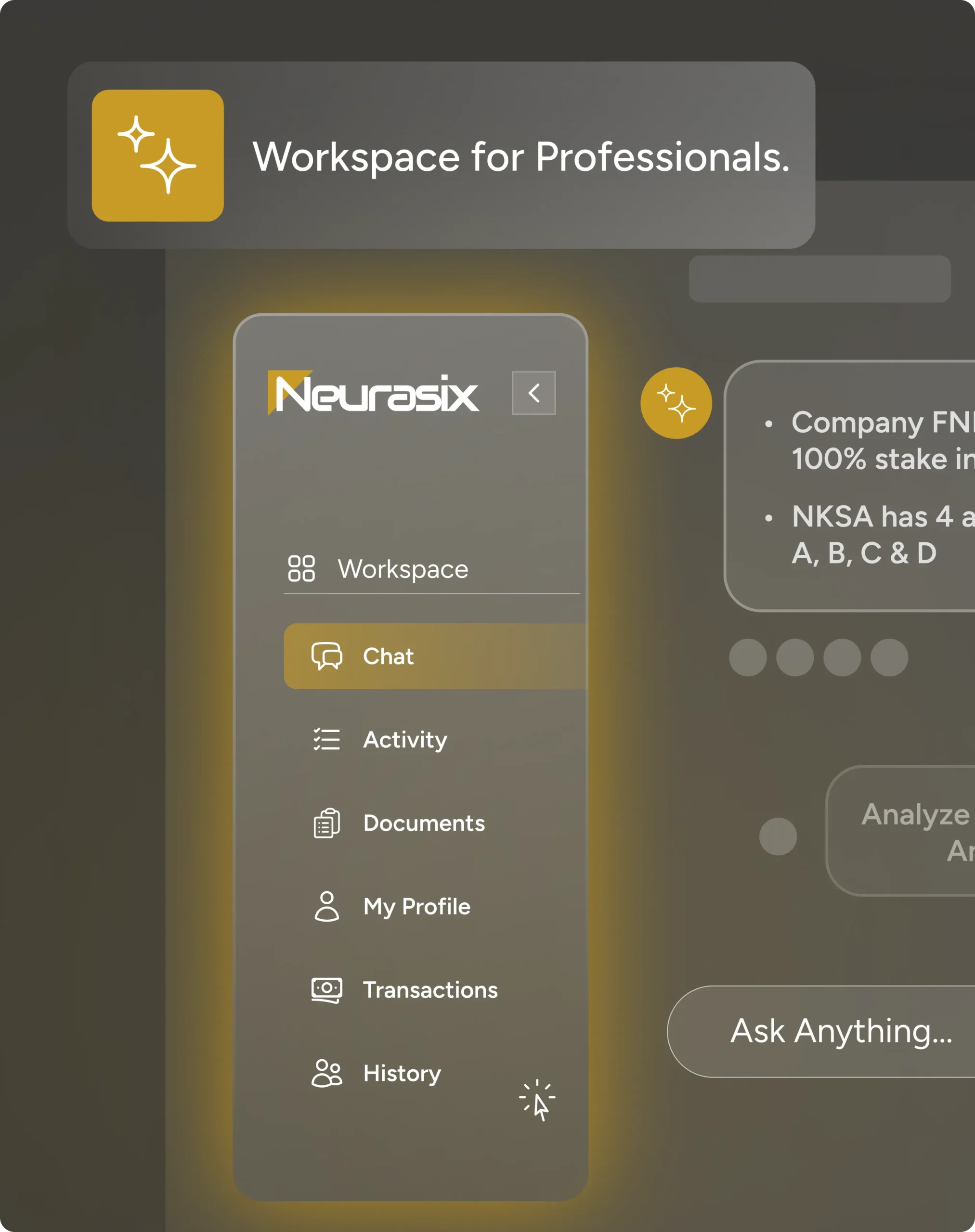The Next Evolution in Financial Management
The financial world is undergoing a profound transformation. Gone are the days when finance teams spent countless hours buried in spreadsheets, manual reconciliations, and repetitive administrative tasks. Today, automation and artificial intelligence (AI) are rewriting the rules of how businesses manage their financial operations. At the heart of this revolution lies the AI Finance Co Pilot — an intelligent system that not only processes data but also understands, predicts, and advises.

This new wave of AI-powered automation is redefining efficiency by enhancing human decision-making with intelligent insights. Whether it’s forecasting trends, analyzing cash flow, or optimizing resource allocation, the AI Finance Co Pilot is becoming an indispensable asset for modern enterprises.
What is an AI Finance Co Pilot?
An AI Finance Co Pilot is more than just a digital assistant; it’s an autonomous intelligence layer that collaborates with financial professionals. Unlike traditional automation tools that follow predefined rules, AI co-pilots learn from patterns, context, and outcomes. They process vast datasets to generate actionable insights, helping finance teams make more strategic and data-driven decisions.
These AI systems integrate seamlessly with existing enterprise software — from ERP and accounting platforms to CRMs and banking APIs. Once connected, they continuously monitor, analyze, and interpret financial data, ensuring that every transaction and projection aligns with the organization’s broader goals.
The result is a system that doesn’t just automate work — it enhances it. Financial leaders can spend less time on repetitive processes and more on strategic initiatives that drive growth.
Automating Financial Workflows with AI Agents
The future of finance depends on automating financial workflows with AI agents. These intelligent agents are capable of handling end-to-end processes, from invoice management and expense categorization to real-time reconciliation and reporting.
AI agents act as virtual financial operators. They can:
Detect anomalies in transactions instantly.
Ensure compliance with financial regulations.
Generate detailed reports within seconds.
Anticipate cash flow gaps before they occur.
By automating these complex workflows, AI agents not only improve accuracy but also enhance agility. Businesses can respond faster to market changes, manage risks proactively, and streamline decision-making processes.
Moreover, AI-driven automation reduces the dependency on manual input, significantly lowering the risk of human error — a critical factor in high-stakes financial operations.
Enhancing Decision-Making Through Predictive Intelligence
Predictive analytics is one of the most powerful aspects of AI in finance. An AI Finance Co Pilot leverages machine learning models to forecast trends, anticipate potential risks, and identify emerging opportunities.
For instance, the system can predict seasonal fluctuations in revenue, suggest optimal investment strategies, or even warn against financial irregularities. This predictive layer empowers CFOs and finance teams to make data-backed decisions rather than relying solely on intuition or historical performance.
When integrated with real-time data streams, AI can also perform scenario modeling — simulating various financial outcomes under different market conditions. This capability allows businesses to plan with confidence and precision, even in volatile economic environments.
The Human-AI Collaboration in Modern Finance
While automation handles the heavy lifting, human expertise remains irreplaceable. The best outcomes arise when humans and AI systems work together. The AI Finance Co Pilot augments human intelligence by providing context-aware insights and recommendations that empower finance professionals to focus on high-level analysis and innovation.
For example, rather than manually preparing a monthly budget report, a finance leader can ask the AI co-pilot to generate one in seconds — complete with visualizations and variance analyses. The human expert can then interpret these insights and make strategic decisions accordingly.
This synergy between human and machine creates a more efficient, adaptive, and forward-looking finance ecosystem.
Building Trust and Transparency with AI Systems
As automation becomes more prevalent, transparency and trust are paramount. AI systems in finance must not only be intelligent but also explainable. This means every decision or recommendation made by an AI Finance Co Pilot should be traceable and understandable to human operators.
Modern AI frameworks ensure that users can audit every action, understand data sources, and validate reasoning — critical for maintaining compliance with industry standards and regulations. By promoting explainability, AI-driven finance platforms help organizations build confidence in automation while upholding accountability.
The Future of Intelligent Finance Operations
The pace of innovation in AI-driven finance shows no signs of slowing down. With advancements in natural language processing, reinforcement learning, and autonomous agent design, automating financial workflows with AI agents will soon become the norm rather than the exception.
Organizations that adopt these technologies early will gain a competitive advantage — improving efficiency, reducing costs, and unlocking deeper insights into their operations. The finance department of the future will be a hub of strategy, powered by AI but guided by human expertise.
Conclusion
The integration of AI Finance Co Pilot systems and intelligent automation is transforming financial management into a data-driven, agile, and proactive discipline. Companies embracing automating financial workflows with AI agents are not just streamlining processes; they are redefining what financial excellence means in the digital era. With the support of innovators like neurasix.ai, businesses can confidently step into a future where finance is smarter, faster, and more intelligent than ever before.